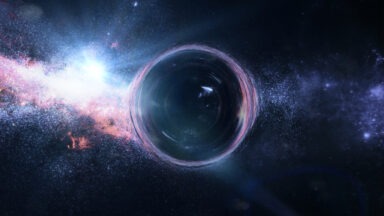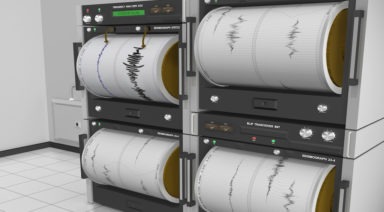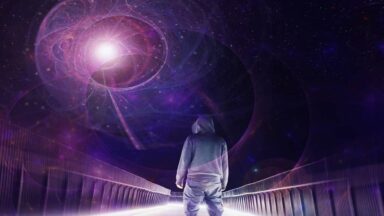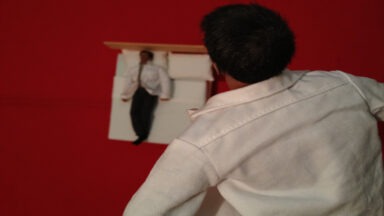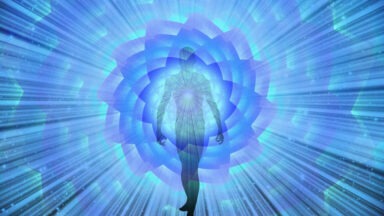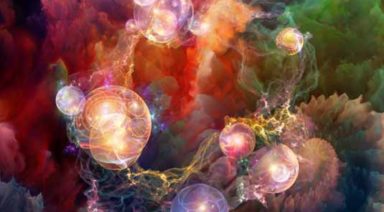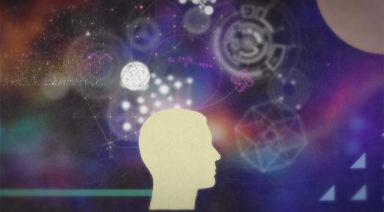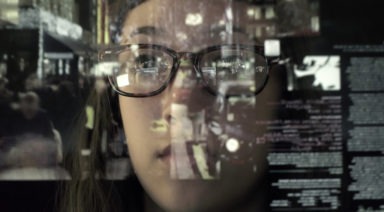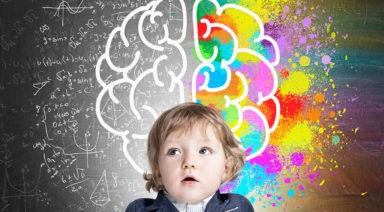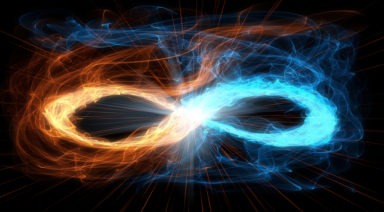Is a Parallel Universe Changing Our Reality?
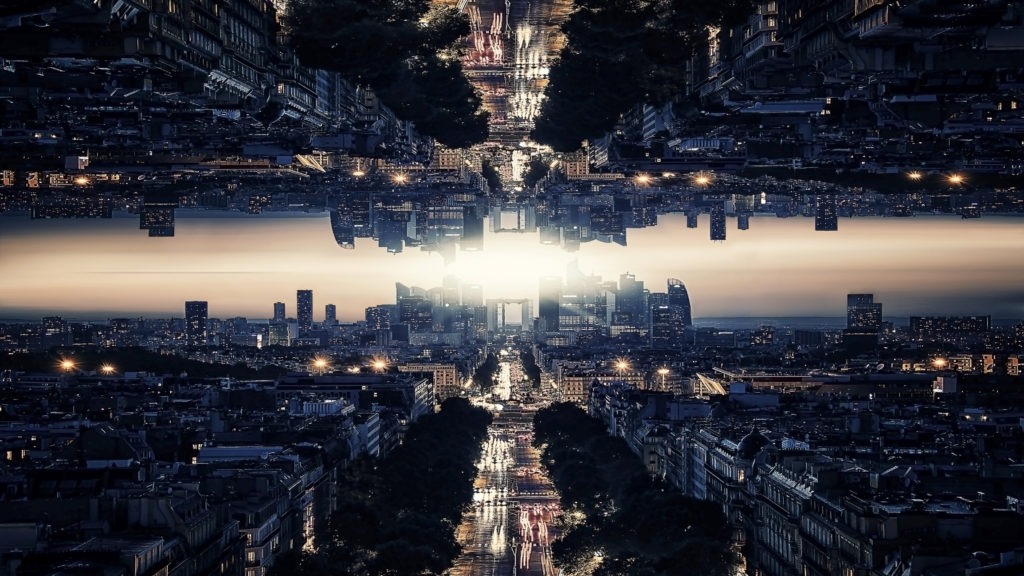
Sometimes referred to as the Berenstain Bears Conspiracy, the Mandela Effect is a phenomenon in which people report having the same false memories, leading to a belief that something is changing reality.
We all experience life through our own subjective lenses, interpreting day-to-day happenings differently than everyone else. This contributes to individuality, free will, and the ability to think for ourselves. But of course, the way that we witness our world often results in lapses of memory or perception. We sometimes seem to remember events happening differently than others or our perception of time is skewed.
And individual memory lapses are easily written off when everyone else’s memory says otherwise. But how does one explain false memories that are held by a significantly large portion of the population?
Confabulation is the psychiatric term for replacing a gap in your memory with a falsification. So, what about mass confabulation? Well, that’s become a conspiracy of sorts, referred to as The Mandela Effect.
Examples of The Mandela Effect
The Mandela Effect was given its name by Fiona Broome, who seemed to remember hearing about the death of Nelson Mandela on the news while he was imprisoned in the 1980s. In “reality,” Mandela survived until late 2013 and did not even become president of South Africa until 1994. But as it turned out, her memory was shared by a deluge of similarly convinced people, resulting in many other instances in which large swaths of the population have claimed to experience the same confabulated memories.
Could this be the result of one person incorrectly remembering a historical event or cultural icon propagating their misinterpretation to be inaccurately remembered by the masses? Or could it be evidence of a multiverse in which waves of events from a parallel universe have washed over into ours, creating subtle nuances in the time-space continuum, where there was once a children’s book called the Berenstein Bears, instead of the Berenstain Bears? It’s more interesting to explore the latter.
While the Berenstain Bears is ostensibly a mundane and inconsequential example of the Mandela Effect, there are other instances that are so uncanny, they’re hard to ignore. For example, when Darth Vader reveals his paternalistic relationship to Luke in Star Wars, most remember him saying, “Luke, I am your father.” In ‘reality,’ he says, “No, I am your father.” While an intransigent Star Wars fan might scoff at someone who misquotes such an important scene, it can’t be ignored that most people remember it in the former. Even James Earl Jones, who voiced Darth Vader, remembers the line incorrectly.
Movie quotes aside, an example of a famous real-life event that has been brought into the mystery of the Mandela Effect regards the famous protester at Tiananmen Square. The ‘Tank Man,’ whose defiant act of rebellion, standing in front of a tank with grocery bags in hand, is remembered by many as resulting in his death from being run over. In fact, he was not run over and there is no evidence of it, but many remember his crushing demise distinctly.
This is nothing new to those familiar with the theory and there are many other examples that support it; so many that there is an entire subreddit devoted to the effect. With topics ranging from movies that never existed to discrepancies in historical events, people vehemently claim to remember very particular things differently, but on a large, collective scale. Some people’s reactions are visceral when they experience new revelations due to the Mandela Effect, to the point of incurring panic attacks or questioning reality.
Mandela Effect Theories and CERN
One pragmatist theory for explaining the Mandela Effect is that it is simply a failure in the collective memory. Our brains are very easily influenced by our own filters, as well as the perception of others. Many common instances of the Mandela Effect are trivial and maybe just went unnoticed in the past, or are the result of conclusions that our brains jump to based on the context of an image or video. But some are substantial, like an entire country hundreds of miles out of place.
One of the more intriguing theories that attempt to explain this phenomenon points a finger at CERN and the large hadron collider in Switzerland. CERN’s experiments are intended to find elusive particles that could potentially show evidence of a multiverse, create tiny black holes, or discover dark matter. While all of this sounds very exciting, it also sounds potentially dangerous. What could possibly go wrong if we opened up a black hole in Europe, or tapped into another dimension with consequences unknown? While the scientists at CERN assure us their experiments are conducted on such a controlled, small scale as to have little, if any, negative consequences, some believe that their meddling in quantum fields has led to some strange effects, resulting in some kind of interdimensional entanglement.
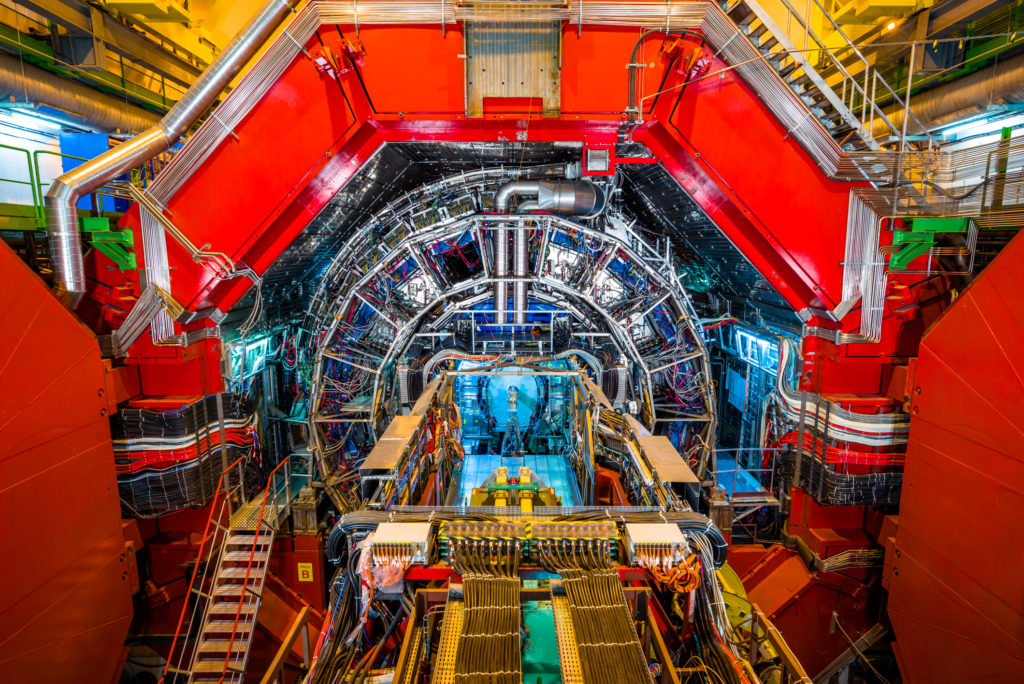
One of the quantum particles that CERN has been searching for is the graviton. These elusive particles correspond with how gravity would react between different dimensions and are still only hypothetical, but the way CERN describes them is intriguing.
“If gravitons exist, it should be possible to create them at the LHC, but they would rapidly disappear into extra dimensions. Collisions in particle accelerators always create balanced events – just like fireworks – with particles flying out in all directions. A graviton might escape our detectors, leaving an empty zone that we notice as an imbalance in momentum and energy in the event. We would need to carefully study the properties of the missing object to work out whether it is a graviton escaping to another dimension or something else.”
Is CERN inducing these gravitons, creating holes to other dimensions, and swapping idiosyncrasies in our world? Or are we just having a collective memory lapse?
These Near-Death Experiences Describe Direct Experiences With God

What do near-death experiences suggest about the ultimate source of reality, spirituality, and what many call “God?” Psychiatrist Raymond Moody explains the answer to this question in his latest book “God Is Bigger Than the Bible.”
Dr. Raymond Moody has spent more than four decades studying the afterlife. In his 1975 book “Life After Life” he first presented his research on the “near-death experience” or NDE, the transcendent experience of death that radically transforms the life of the person who lives to tell about it. In his new book, Dr. Moody presents his thoughts on God, drawn from the accounts of the thousands of people he has interviewed about their near-death experiences.
“You know, when I was a kid I didn’t think about God. I can’t say I was an atheist because I never really thought about God,” Dr. Moody said. “Then I went to college and got interested in these near-death experiences through Plato, and subsequently have heard of thousands of these from people all over the world who have this same kind of experience—many of them have conversations with God. So that is how I came to God, you know God has become just a big part of my life in the last few decades.”
Dr. Moody’s motivation for writing his latest book is to provide readers with an understanding of God, or source, that is entirely outside the realm of organized religion. To Dr. Moody, idealized religion can present a fearsome image of God that has scared many away from developing a personal relationship with the divine.
“Well, before I started hearing of people with near-death experiences, my notion of God was that people had this imaginary figure who was watching their every step with a little book, trying to see if they’re going to stumble or something,” Dr. Moody said. “But when I started hearing these people with near-death experiences it was a whole different take on God. People say that when they had their cardiac arrest or whatever, that they left their bodies and dissolved into this light, almost. People say that whatever kind of love that you have experienced while you’re alive, that is just beyond description. You go through a passageway to this light of complete comfort, peace, and love, you feel sort of wrapped up in it.”
A common component of the NDE is what is known as the “life review.”
“People say they’re surrounded by a holographic panorama consisting of everything they’ve ever done, and they witness it from the point of view of the other people they’ve interacted with. And all of this is being experienced in the presence of a being of complete compassion and love, who sees all those things they’ve done there, but there’s no judgment coming from this—that this being is helping you evaluate these things. They say that there are no words but that the thought comes through. The question that comes from this being is ‘how have you learned to love?’ People learn a lot about themselves from these encounters with God,” Dr. Moody said.
Through his research, both with near-death experiencers and the elderly, Dr. Moody has come to an understanding of God as the writer of our life stories.




